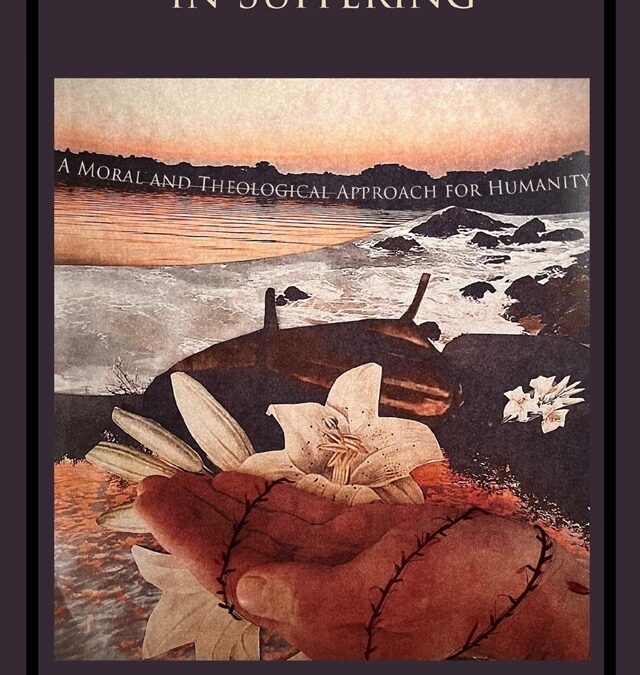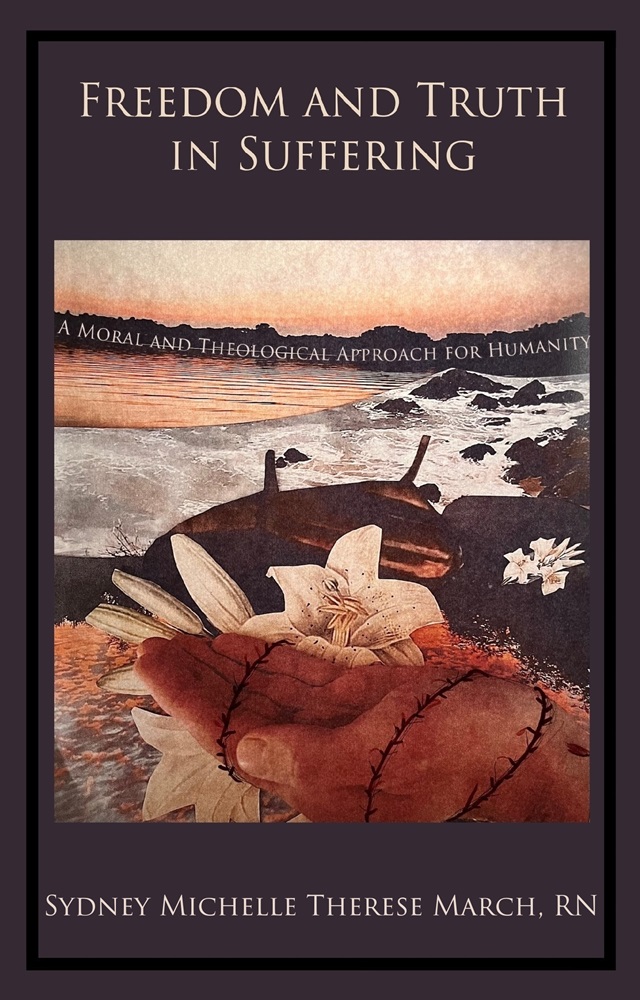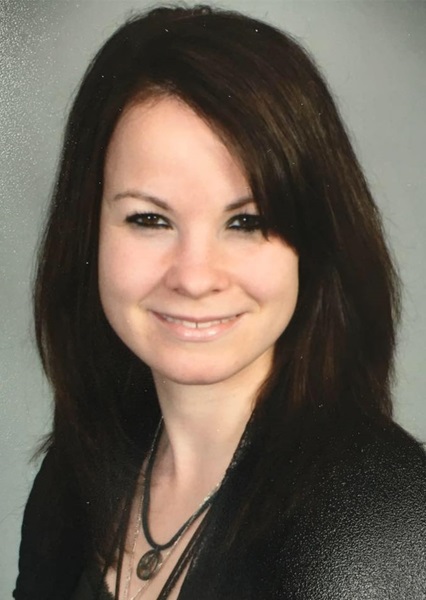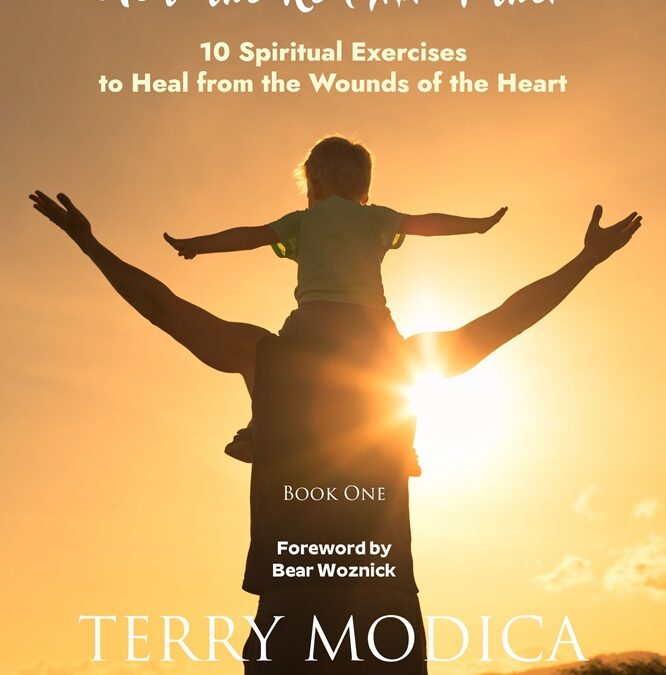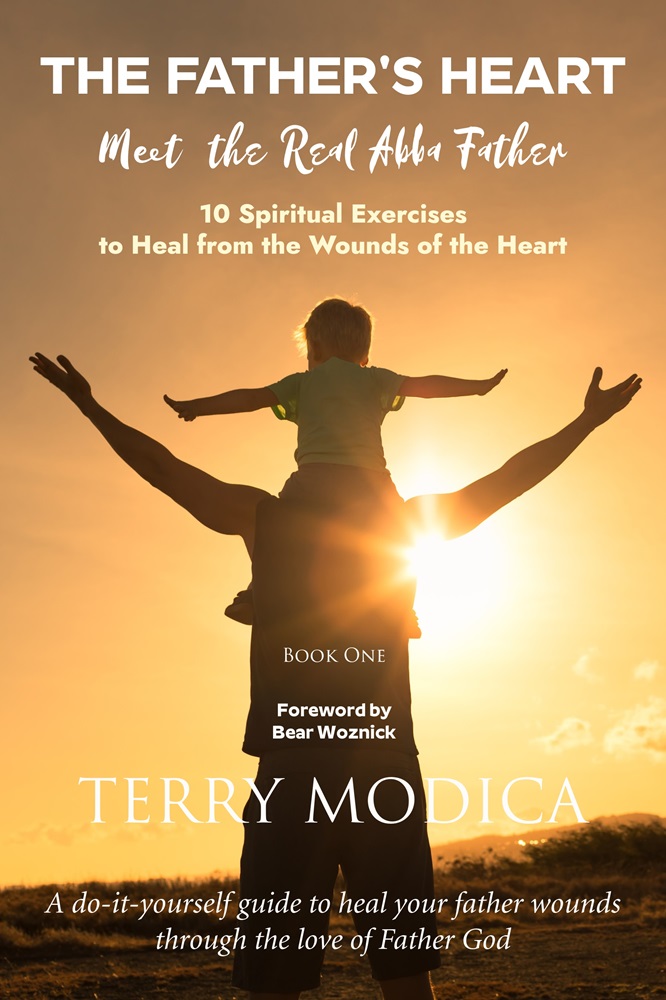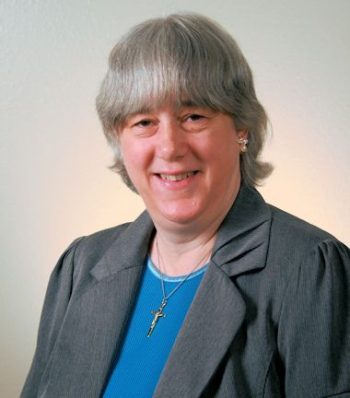Paperback: $24.95| Kindle: $9.99

Transgenderism: A Question of Identity by Francis Etheredge
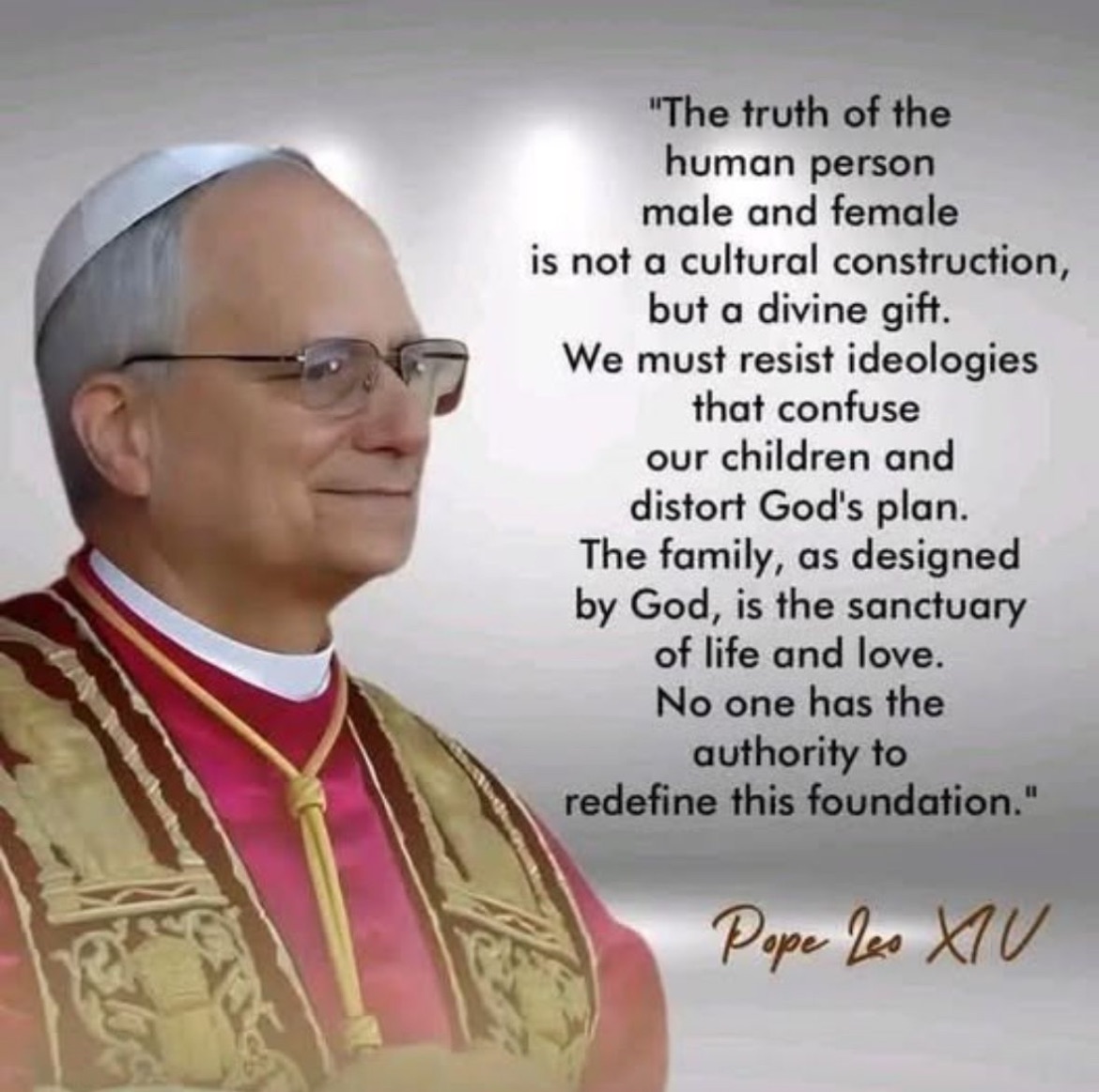
Transgenderism: A Question of Identity
by Francis Etheredge
ARTICLES
Etheredge, Francis, “‘Woman’ and ‘Women in Sport,’ Profiles in Catholicism (February 14, 2025). Click here to read the article.
Etheredge, Francis, “Jammed Locks or Real Keys,” Catholic Medical Quarterly (Nov 2024). Click here to read the article.
Etheredge, Francis, “We must fight gender ideology to preserve the concept of truth,” LifeSite News (October 25, 2024). Click here to read the review.
REVIEW BY L K MILLER
Francis Etheredge’s Transgenderism: A Question of Identity is a valiant and timely work, addressing one of the most unsettling and socially defining subjects of our time. With the characteristic depth, clarity, and compassionate concern that mark his writing, Etheredge confronts the confusion surrounding identity in a world increasingly adrift from the truths of biology, psychology, and morality. After decades-long broad societal endorsement of a misdefined understanding of human sexuality, it is unsurprising that even the fundamental categories of “man” and “woman” are now contested.
Recognizing that human beings are never psychologically static—either growing in virtue or sliding into further disorder—it becomes evident that transgenderism, i.e., gender confusion, is the next progression from disordered attraction on the dystopian slippery slope. In an age caught between the poles of codependent affirmation and reactionary condemnation, Etheredge invites us to pause, to pray, and to deeply reflect on the fundamental question of what it means to be human—loved, created, and conceived as male and female in the image and likeness of God.
Drawing on Scripture, the Catholic philosophical tradition, and the lived experiences of those questioning their gender identity, this book offers a sensitive, intellectually serious response. With his love rooted in fidelity to the Church and his intellect and will strengthened by years of dialogue, scholarship, and personal experience, Etheredge neither shirks from hard truths nor neglects the profound need for mercy and understanding.
Being such a man, this book is not a chastisement but rather a pilgrimage into the truth of personhood—an invitation to reengage the foundational questions: Who am I? and What is the purpose of my life? In doing so, Etheredge reminds us that our identity and reason for existence are not merely self-asserted projects but are both a gift given and a truth received from our Divine Creator. As our soul—i.e., our personhood—is the form and animator of our body, it is, together with the body, necessarily fixed as male or female at conception.
To claim an identity at odds with one’s body may feel liberating in a disoriented age—but however sincerely held, it cannot make the unreal real. Just as one cannot become a carrot by painting the skin orange, dyeing the hair green, sitting in the soil, and calling oneself a carrot, neither can one become the opposite gender by change of appearance, choice of thought and imagination, or social assertion. The power of our intellectual capacity for abstract thinking and creativity, which is lacking in brute animals, must be ordered to objective truth—not divorced from it.
For readers seeking a thoughtful, prayerful, and tenderhearted guide through the complex terrain of transgender ideology, this work is a light in the cultural fog. Offering more than answers, it presents a path toward authentic self-understanding, communion with truth, and a deeper reverence for the dignity of the human person from God’s perspective.
Transgenderism: A Question of Identity is not merely a book—it is a witness, a work of integrity, and, ultimately, an uncompromising call to rediscover the beauty and understanding of how relationships are an integral part of our humanity.
— L K Miller, author, 10 Steps to Lasting Healing: True Psychology—for Catholics, and founder, Theology of the Soul Psychology Institute, www.theologyofthesoul.org
REVIEW BY Rhonda Nay, PhD, Emeritus Prof. LTU, Australia
TRANSGENDERISM: A QUESTION OF IDENTITY authored by FRANCIS ETHEREDGE is a wide-ranging exploration of how we have arrived at a point where it is considered OK, by many, for people to decide what gender they want to be and for health ‘professionals’ to use drugs and surgery to alter the body and enable that view. Etheredge uses the lens of Roman Catholicism through which to view the changing social landscape which has permitted ‘…harmful actions on human beings, (that) have reached a point of almost complete relational, ethical and evidential blindness’.
He draws links between the sexual revolution, the increasing emphasis on individual rights, marital breakdown, abortion, fatherless families and the over-riding and pervasive influence of social media to develop a convincing picture of how transgender ideology has replaced the principle of ‘first do no harm’.
He invites the reader to consider the rise in porn and sexual violence available on social media, the widespread accusations of toxic masculinity, the secularisation of society and how these coincide with increases in mental health issues and rising suicide.
All children and adolescents confront questions regarding their identity. It is easy to see how that can be exploited via social media to further confuse and/or offer apparent solutions.
Combine the interests of those pushing a transgender ideology, researchers refusing to disclose results and governments and organisations who buy the message or are afraid to be seen in opposition and we arrive at discrimination against those who have the ethics and guts to speak out. More significantly, we find ethical science, professionals, parents and teachers ignored and children abused. We face a situation where health services are compromised by inaccurate data and females are exposed to unfair sporting opponents and unsafe personal spaces.
Tragically, the adverse outcomes appear to far outweigh any benefits.
You do not have to be RC or even Christian to appreciate the journey this book offers,
TESTIMONIALS
“In this book, Francis Etheredge offers more than an ethical and theological critique of transgenderism. He probes the deeper roots of gender ideology, which are spiritual as well as cultural. Transgenderism is a threat to human identity, and it is linked to other problems such as sexual immorality, marital failure, abortion and antinatalism. Drawing upon personal experiences, Etheridge writes with poetic insight and passion. It is fitting that such a book should end with the spiritual autobiography of the poet, James Sale.” – Robert Fastiggi, Ph.D. Professor of Dogmatic Theology, Sacred Heart Major Seminary, Detroit, Michigan
“In this complex and highly nuanced work, Francis Etheredge frames the various issues surrounding transgenderism in light of the search for identity. He lays out the various forces at work in this search and proposes solutions sensitive to the issues at hand, yet firm in the need to correspond to an objective rather than a subjective understanding of reality. He rightly insists that we can restore our relationships with each other only if we first reestablish our relationship with God and the Truth from which all else flows.” – Rev. Dennis J. Billy, C.Ss.R., The Robert F. Leavitt Distinguished Service Chair in Theology, St. Mary’s Seminary & University
“In this compelling work confronting the recent rise of transgender theory, Francis Etheredge asks the ultimate question of existence, who am I? With patience, understanding, and skill, he weaves a compendium of authorities to find the answer. He considers the whole person as God’s unique creation, a union of body and soul, formed at the moment of conception. He deepens the conversation with his own experience and colors our journey with not only prose, poetry, and prayer, but extensively footnoted research and serious reflection, resulting in a deep sense of goodness, beauty, and rightness. The uses of suffering and the palliative effect of pilgrimage consider ways to develop identity in relationship to others in a healthy, whole, and holy sense. Transgender surgeries, youth suicide, euthanasia, and abortion are honestly faced as our world denies human identity as a union of body and soul, cancelling and censoring those who protest. The vital role of marriage and family as part of God’s plan for human flourishing gives us a blueprint, for in the end, the most important relationship is with our Lord, Christ Jesus. Once this bond is effected, identity is no longer a question and the child’s sex from conception is celebrated. Travel with Francis Etheredge through these pages and consider the depths and heights of God’s love for each one of us: a journey I highly recommend!” – Christine Sunderland, Anglo-Catholic Novelist, Advent 2024.
“Sensitive yet incisive, worldwide studies, brilliantly covering questions you may not have even asked!” – Dr. Ronda Chervin, Professor Emerita of Philosophy and author of numerous Catholic books
“Francis Etheredge brings to light insights surrounding questions of ‘identity’ related to being ‘male’ or ‘female.’ Heavily researched, this book will cause anyone to think more critically about its topic with its thought-provoking content. Those who have questions concerning their identity primarily seek answers through social media outlets, chat rooms, and the mainstream media. In contrast, Etheredge’s book addresses practical and philosophical questions pertinent to identity that those who have undergone procedures in the hopes of changing their male or female identities, later lament they were not made aware of. The alarming evidence that has emerged pertaining to the side effects of puberty blockers on bone density and fertility, alone, is enough to make one wonder why such counter-productive, detrimental, and even sometimes deadly ‘treatments’ are allowed to continue. Etheredge additionally discusses the global confusion surrounding ‘identity’ which has arisen in direct relation to the moral decay of cultures; the decline in the ‘traditional’ family; diminishing religious affiliation and church attendance; increased feelings of loneliness and isolation; increased suicide; and anti-life governmental strategies. Citing some of Etheredge’s words from his book, in my own acknowledgement of his important facts and insights contained within, he sheds “a light here and a light there … a truth here and a truth there” such that “they come together … each lighting the other” in educating and informing the reader.” – Kimberly Bruce, Author of The Gender Link to the Human Soul, Writer, Speaker, M.A. Theology
“In Transgenderism: A Question of Identity, Francis Etheredge weaves a tapestry of faith, reason, and human experience to unravel the complexities of gender ideology. With a Catholic lens, he argues that transgenderism, driven by radical individualism, severs the soul body unity, leading to personal and societal harm. Through poignant narratives, like Kiki Latimer’s conversion and James Sale’s poetic reflections, the book illuminates the perils of affirming delusion over truth. Etheredge critiques the medicalization of gender dysphoria (puberty blockers and surgeries) as profit driven mutilation, citing rising de-transitioner voices and evidence of psychological malaise. He champions a return to objective reality: humans are male or female, created in God’s image, thriving through relationships, not isolation. This is a clarion call for de-transition, urging society to guide youth with time, love, and truth, not irreversible interventions. Transgenderism: A Question of Identity shows youth deserve truth; male or female, we’re God’s design. De-transition offers healing, not mutilation. Let’s give kids time, love, & reality, not irreversible surgeries.” – Dr. Natassia Fortemps
ABOUT THE AUTHOR
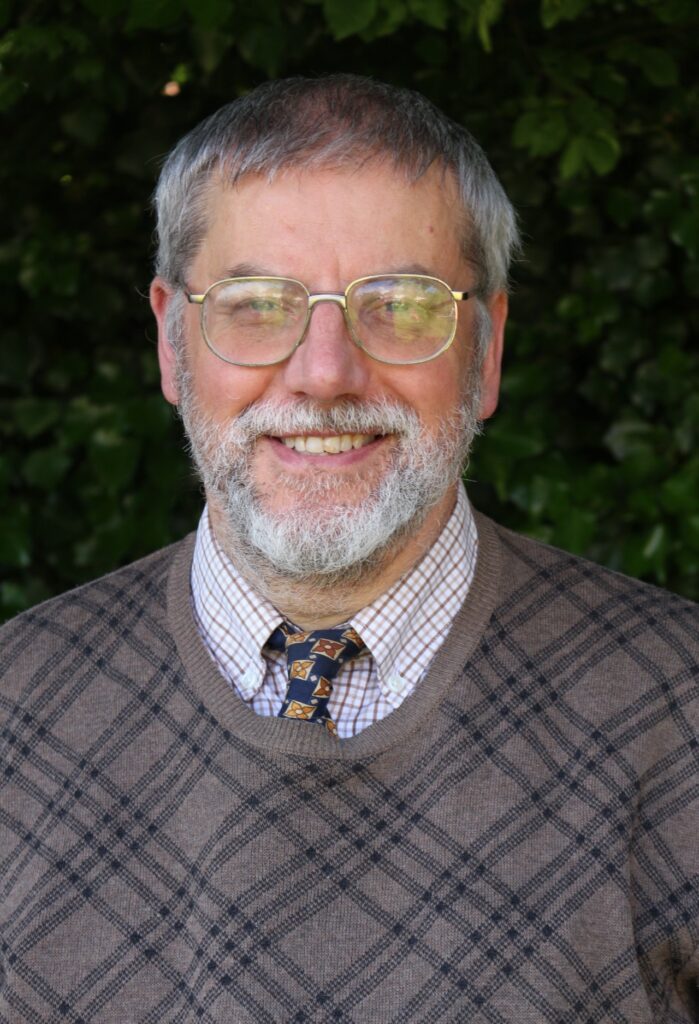 Mr. Francis Etheredge is married with eight children, plus three in heaven.
Mr. Francis Etheredge is married with eight children, plus three in heaven.
Francis is currently a freelance writer and speaker and his “Posts” on LinkedIn can be viewed here. Poetry; short articles; autobiographical blog; excerpts from books; and “Philosophize: A Ten Minute Write.”
For a list of all of Francis’ books published by En Route Books and Media, click here.
See Francis’ other books, too, entitled Scripture: A Unique Word, From Truth and truth: Volume I-Faithful Reason, From Truth and truth: Volume II: Faith and Reason in Dialogue, From Truth and truth: Volume III: Faith is Married Reason.
He has earned a BA Div (Hons), MA in Catholic Theology, PGC in Biblical Studies, PGC in Higher Education, and an MA in Marriage and Family (Distinction).
Enjoy these additional articles by Francis Etheredge:
OTHER PRACTICAL THEOLOGY BOOKS
No Results Found
The page you requested could not be found. Try refining your search, or use the navigation above to locate the post.
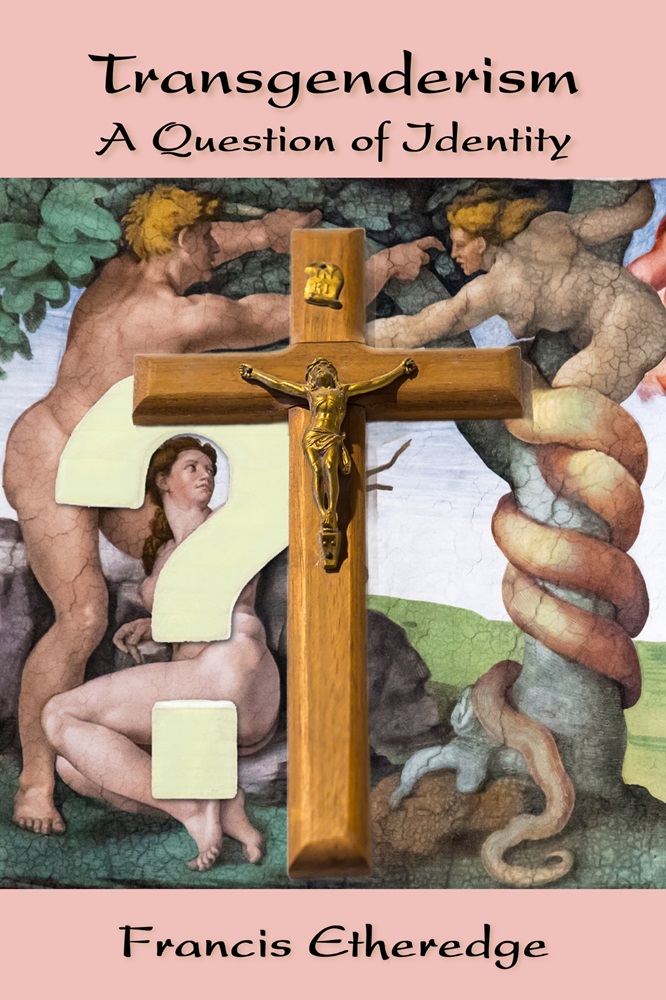
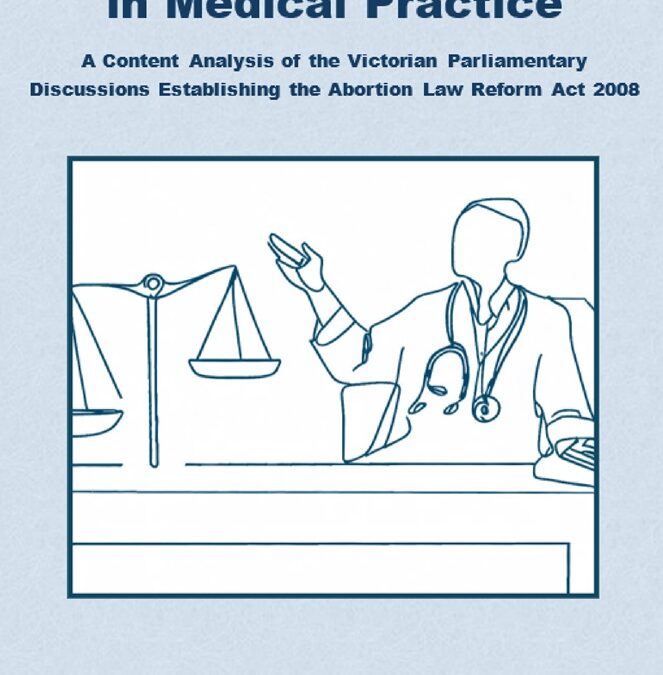

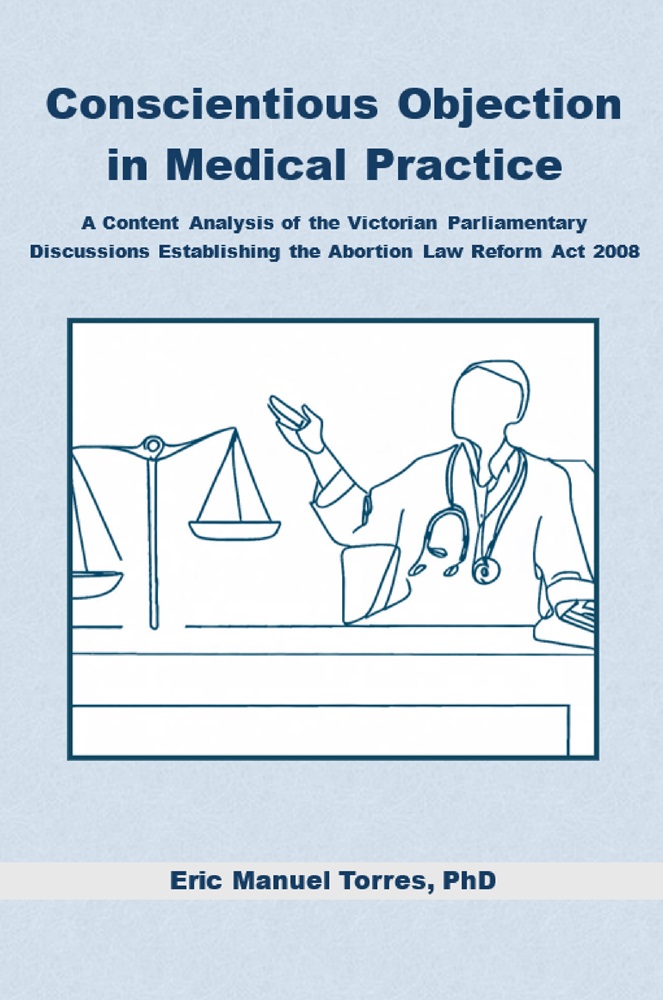
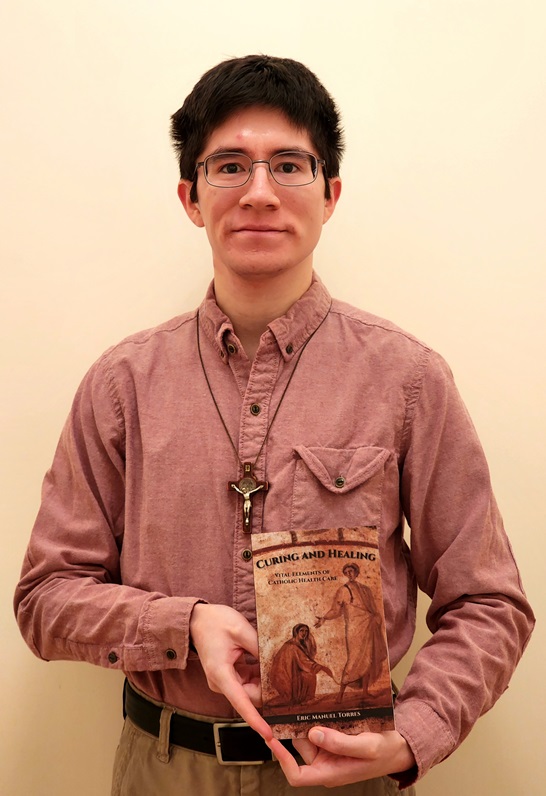
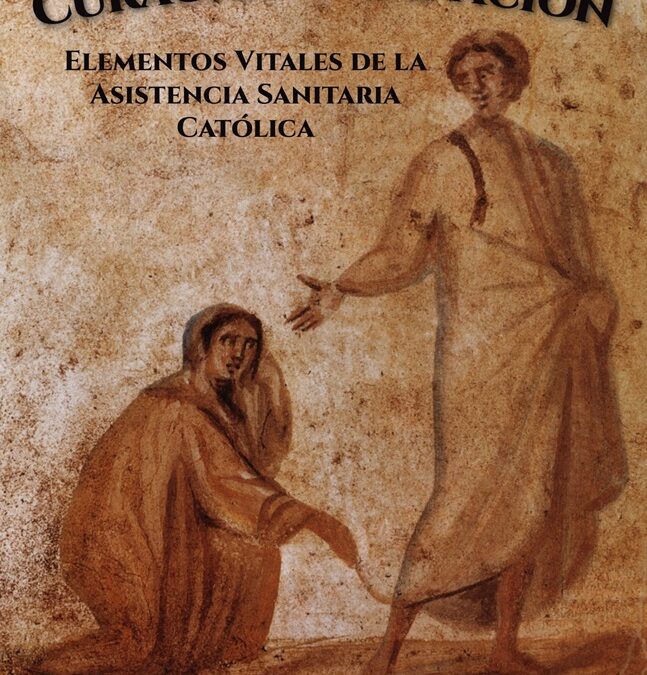
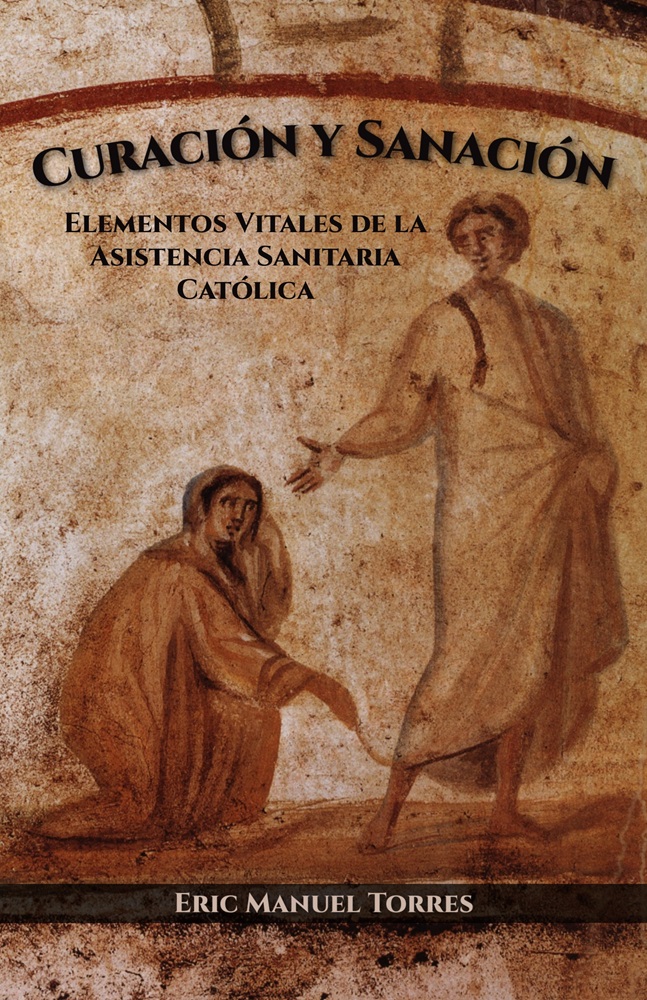
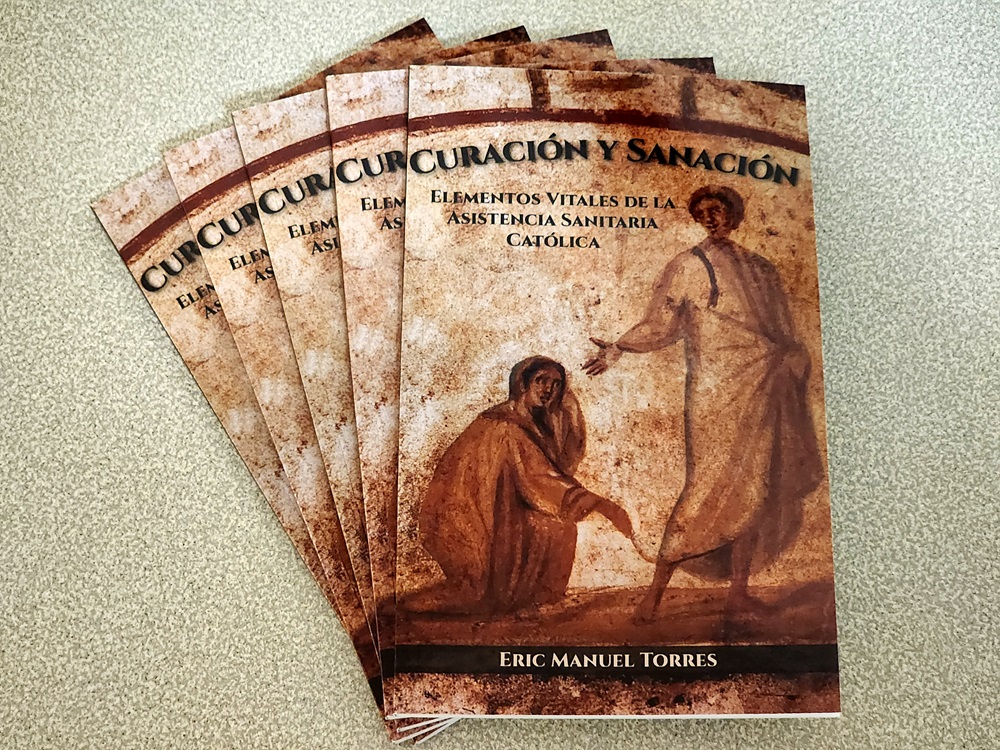
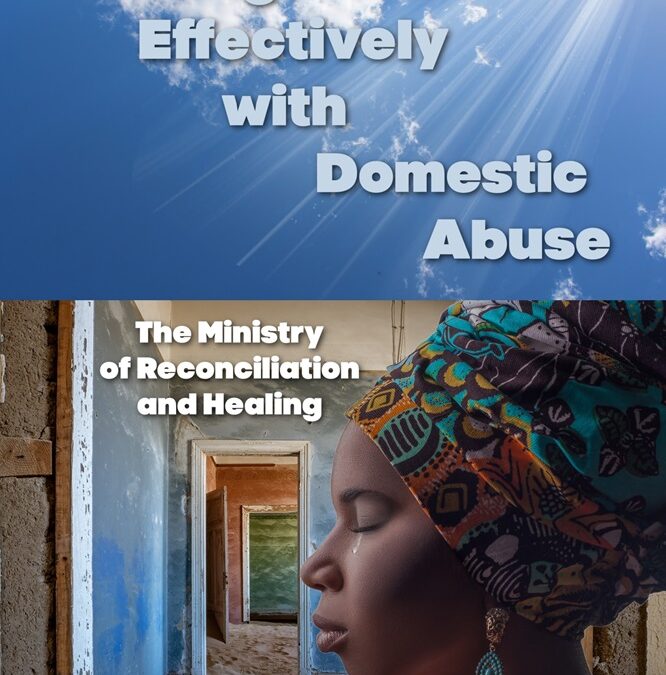
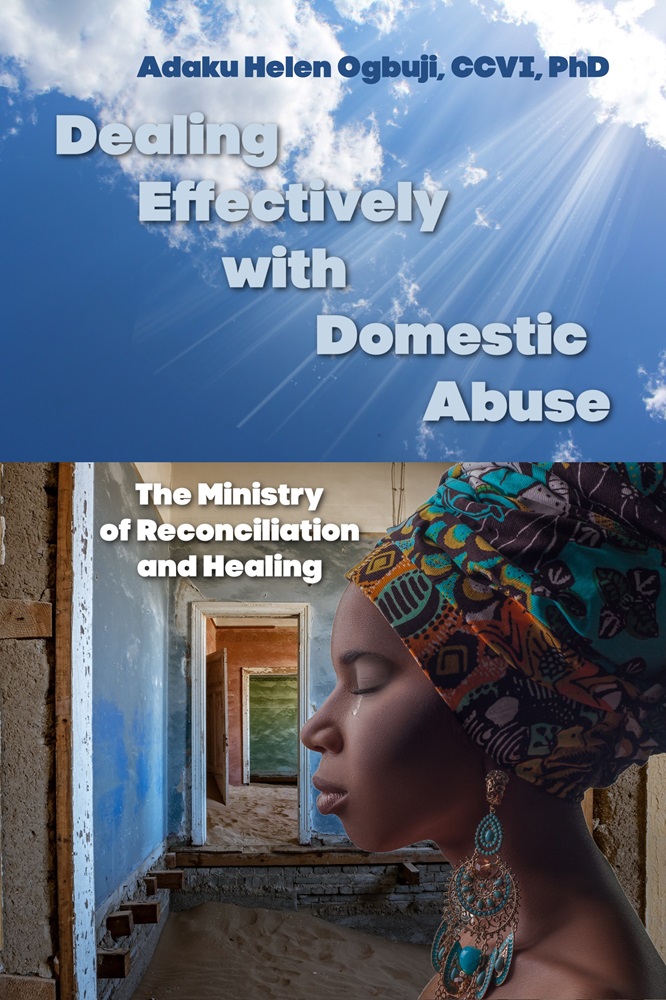
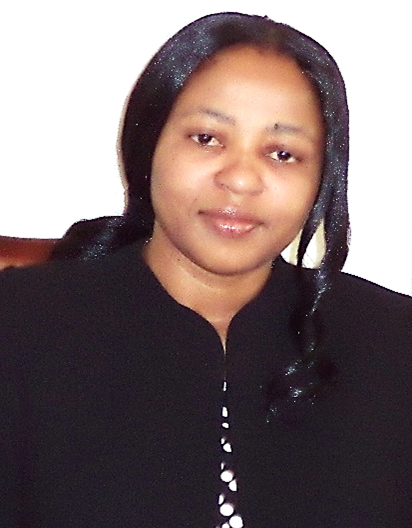 Sister Adaku Helen (Helena) Ogbuji, CCVI, PhD, belongs to the Congregation of the Sisters of Charity of the Incarnate Word, Houston, Texas. She is an author of several books: Dealing Effectively with Domestic Abuse: The Ministry of Reconciliation and Healing; Influence of Childhood Experiences on Faith Development: A Journey Towards Wholeness; Out of the Lips of Infants, Wisdom Comes: Retelling the Bible Stories. Recently, she edited and co-authored Incarnational Spirituality: Embodying the Love of the Incarnate Word. She holds a master’s in Theology, Divinity and Psychology and a PhD in Counseling Psychology. Presently, she is the Formation Director and the Novice Director in their formation house in St. Louis, Missouri, USA.
Sister Adaku Helen (Helena) Ogbuji, CCVI, PhD, belongs to the Congregation of the Sisters of Charity of the Incarnate Word, Houston, Texas. She is an author of several books: Dealing Effectively with Domestic Abuse: The Ministry of Reconciliation and Healing; Influence of Childhood Experiences on Faith Development: A Journey Towards Wholeness; Out of the Lips of Infants, Wisdom Comes: Retelling the Bible Stories. Recently, she edited and co-authored Incarnational Spirituality: Embodying the Love of the Incarnate Word. She holds a master’s in Theology, Divinity and Psychology and a PhD in Counseling Psychology. Presently, she is the Formation Director and the Novice Director in their formation house in St. Louis, Missouri, USA.